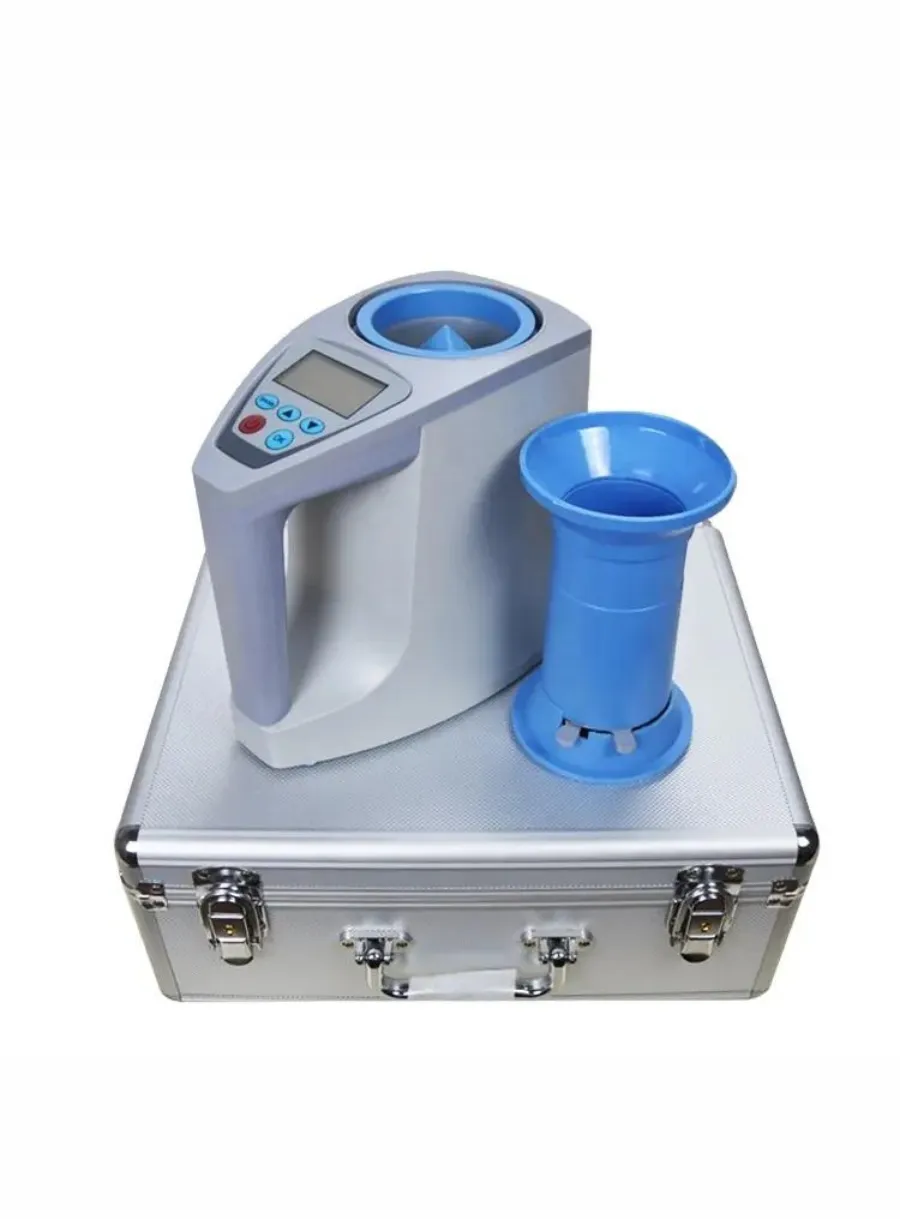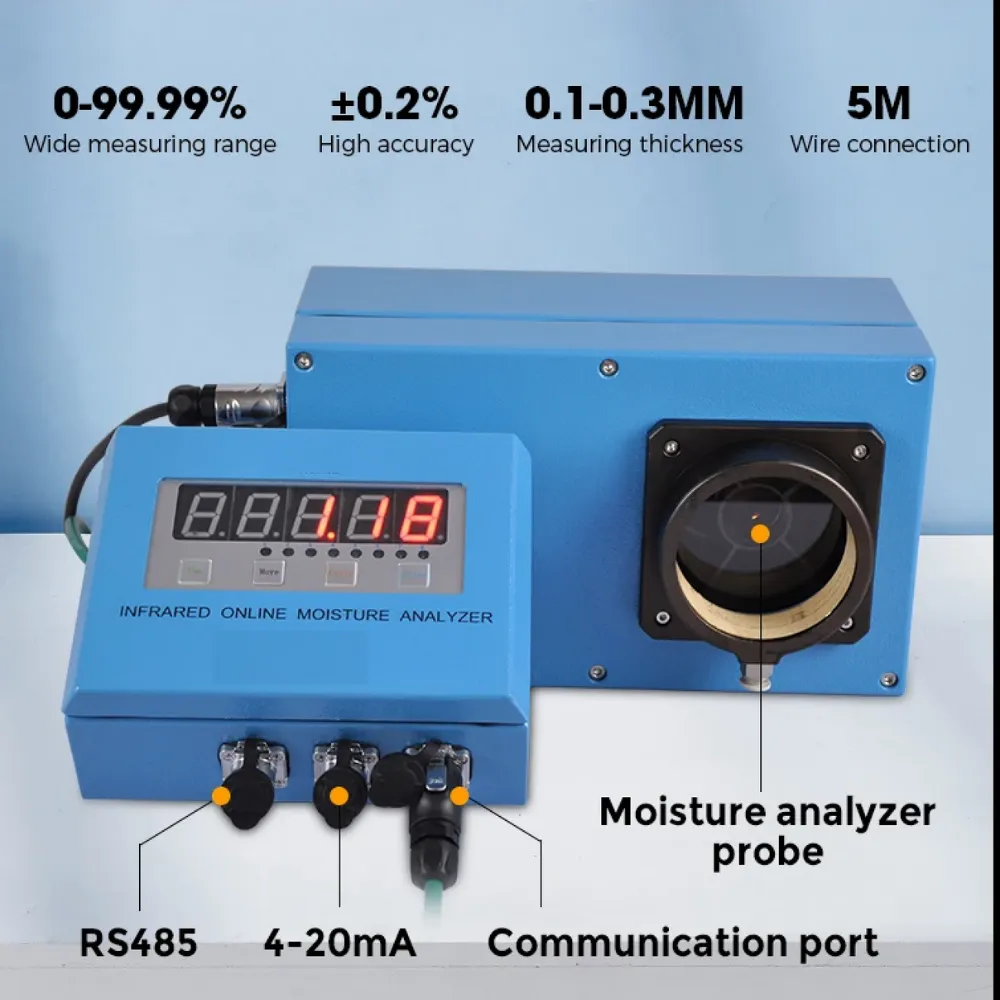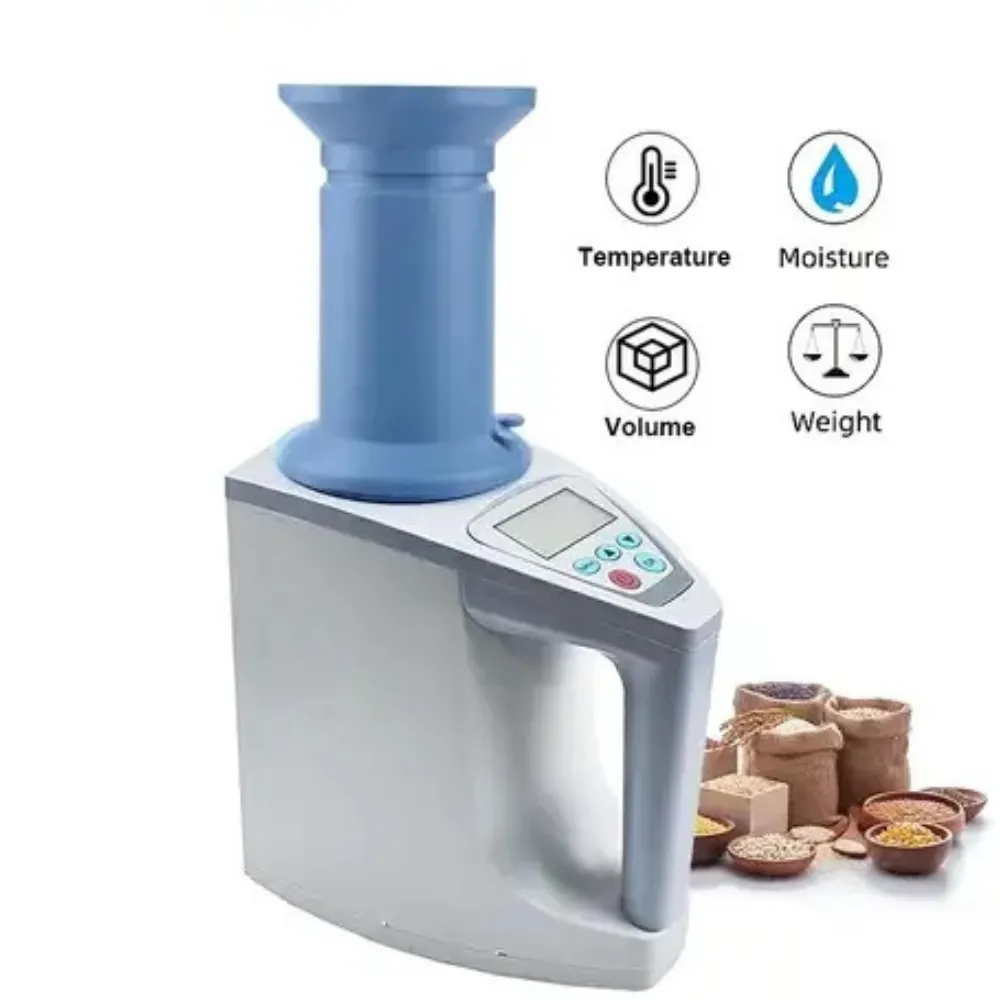
The Role of Technology in Custom Rice Moisture Meters
Table of Contents

Custom rice moisture meters have become an indispensable tool in the rice industry, as they play a crucial role in ensuring the quality and consistency of rice products. The technology behind these devices has evolved significantly over the years, and their use has become increasingly widespread. In this article, we will explore the role of technology in custom rice moisture meters and how it has contributed to their effectiveness and efficiency.
One of the most significant advancements in custom rice moisture meters is the development of electronic sensors. These sensors have replaced traditional mechanical components, such as springs and levers, which were prone to wear and tear. Electronic sensors are more accurate, reliable, and durable, making them ideal for use in the demanding environment of a rice mill.

Another important development in custom rice moisture meters is the integration of microprocessors. These microprocessors enable the devices to perform complex calculations and provide real-time data on rice moisture content. This information is invaluable for millers, as it allows them to make informed decisions about the processing and storage of rice.
Wireless Technology: Enhancing Remote Monitoring and Control
The use of wireless technology in custom rice moisture meters has also revolutionized the industry. With wireless connectivity, millers can now monitor rice moisture levels remotely, allowing them to make adjustments to their processes from a distance. This not only saves time but also reduces the risk of human error.
Software Advancements: Improving Usability and Adaptability
Custom rice moisture meters have also benefited from advancements in software technology. Sophisticated algorithms and user-friendly interfaces have made these devices more accessible to millers of all skill levels. Additionally, software updates can be easily implemented, ensuring that the devices remain up-to-date with the latest industry standards.
Data Analysis and Optimization
The role of technology in custom rice moisture meters extends beyond the devices themselves. The data collected by these meters can be analyzed and used to optimize rice milling processes, improve product quality, and reduce waste. This information can also be shared with other stakeholders in the rice supply chain, such as farmers and retailers, to promote sustainable practices and ensure the best possible outcomes for all parties involved.
Conclusion: The Transformative Impact of Technology
In conclusion, the role of technology in custom rice moisture meters has been transformative. From the development of electronic sensors and microprocessors to the integration of wireless connectivity and software advancements, these devices have become increasingly sophisticated and effective. As a result, they play a vital role in ensuring the quality and consistency of rice products, contributing to the overall success of the rice industry.
Comments
Tags
Frequently Asked Question
Electronic sensors have replaced mechanical components, offering greater accuracy, reliability, and durability in the demanding environment of rice mills.
Microprocessors enable complex calculations and real-time data provision, allowing millers to make informed decisions about rice processing and storage.
Wireless connectivity enables remote monitoring and control, saving time and reducing the risk of human error in rice moisture management.
Yes, the data can be analyzed to optimize milling processes, improve product quality, reduce waste, and promote sustainable practices throughout the rice supply chain.

